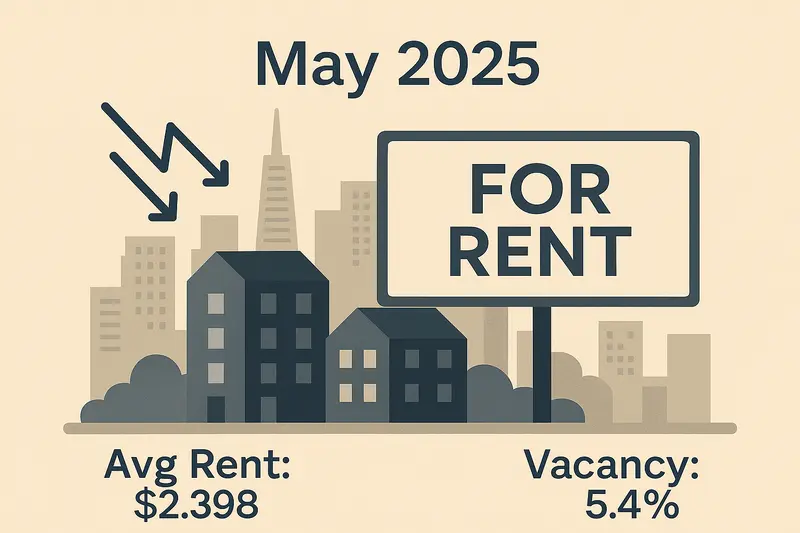Appealing an Eviction: Practical Steps Tenants Can Take
Question
Answer
Short answer: If a court entered an eviction judgment against you, you generally must act quickly—file a Notice of Appeal within your court’s deadline, and if you want to stay the eviction while the appeal proceeds, request a stay or post a supersedeas/appeal bond (or ask for a pauper affidavit if you can’t afford it). Deadlines, bond rules and procedures vary a lot by state and even by court, so check your judgment and local court rules immediately.
Typical practical steps:
- Read the judgment/order carefully. Note the date it was filed and the exact deadline for filing an appeal—many justice/small claims courts give as few as 5–10 days for eviction appeals, while other courts may allow longer. Missing the deadline usually ends your right to appeal.
- File a Notice of Appeal with the court that issued the judgment. The clerk can give you the correct form and tell you the filing fee and where to serve the opposing party. Filing the notice preserves the appeal record but does not automatically stop an eviction.
- Ask for a stay of execution if you want to remain in the unit while appealing. Courts often require a supersedeas or appeal bond (or a cash deposit) to stay enforcement—this bond secures the landlord’s judgment if you lose. Some jurisdictions let low-income appellants submit a sworn statement of inability to pay (pauper affidavit) instead; others still require posting rent or a bond to halt the writ of possession.
- Consider alternative motions before or during appeal. Depending on timing, you may be able to file a motion to set aside the judgment, request a new trial, or seek emergency relief (temporary restraining order) if there were defects in notice or serious procedural errors.
- Keep proof of filings and serve the landlord. Give the landlord copies as required and keep stamped receipts. If you can’t afford filing fees or bond premiums, ask the clerk about fee waivers or legal aid resources immediately.
Bottom line: Eviction appeals move fast and rules differ across states and courts. It’s advisable to contact the court clerk right away, look up your local small-claims/justice court procedure, and consult a licensed attorney or tenant legal-aid organization for help with deadlines, bond options, and staying enforcement.


